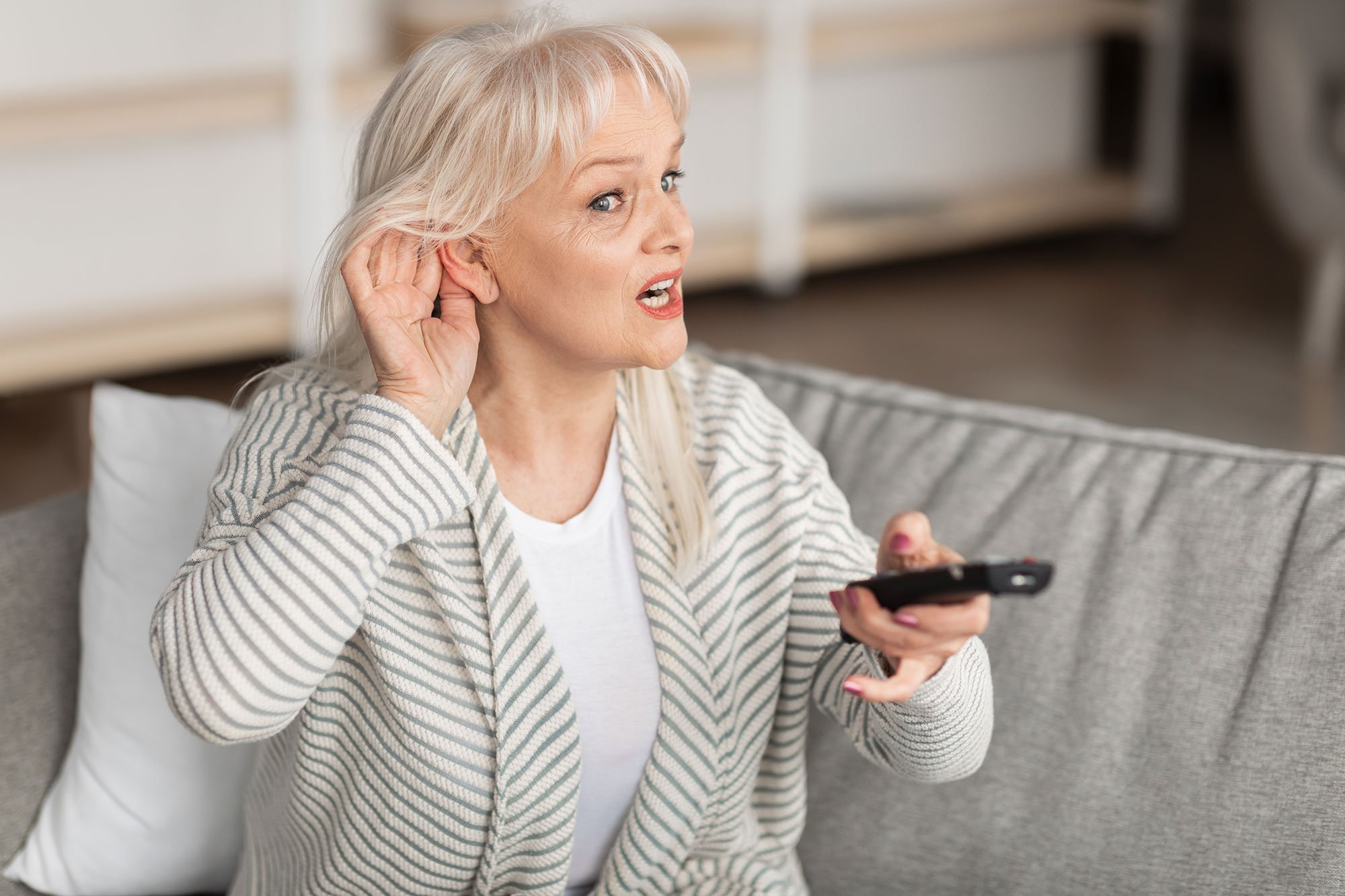Your free hearing check
Why it’s important to have one and what’s involved.
The older you get the more likely you are to suffer from hearing loss. Did you know that in the UK, more than 40% of people over 50 years old have hearing loss, rising to more than 70% of people over the age of 70?¹
Do you have trouble differentiating speech from noise when you’re in a crowded room? Is it becoming more difficult for you to hear your TV or radio? Hearing loss is a gradual process so you might not even notice it for a long time. Sadly, many people don’t take a hearing test even when they think they might have a problem.
Research shows that:
People take much longer to do anything about their hearing than they do their eyesight or teeth - some statistics quoting ten years longer!²
Only 20% of people who need a hearing test get one.
Hearing loss can increase the risk of dementia by up to five times.³
Treating hearing loss makes you less likely to fall – you’ll become aware of more around you.
There is a link between untreated hearing loss and Type 2 diabetes.
Loss of hearing can affect your speech – the longer it is untreated, the bigger the effect.
¹ www.hearinglink.org
² www.rnid.org.uk
³ www.rnid.org.uk
A free hearing check lasts between 60 and 90 minutes
-

An initial consultation
It starts with a chat about your work, lifestyle and medical history. Followed by a discussion about the situations where you have hearing difficulties and what you want to be improved.
-

The ear inspection
A full examination of your ears, inside and out. For this David will use an instrument called an otoscope, which gives him the opportunity to look all around both ears, and see any obstructions.
-

The hearing test
A pure-tone audiometry test, where you are played a series of tones, whilst wearing headphones and press a button every time you hear a sound. It’s totally painless and lasts around 20 minutes.
The results and what next…
The hearing test produces a graph called an audiogram, which shows the quietest level where you can just hear a sound over a range of frequencies for each ear.
David will go through these results in detail with you at the appointment. He will talk to you about your type and degree of hearing loss and what could have caused it. Then he’ll go through the best way to manage your hearing loss - which products will be best for you, your lifestyle and budget.



